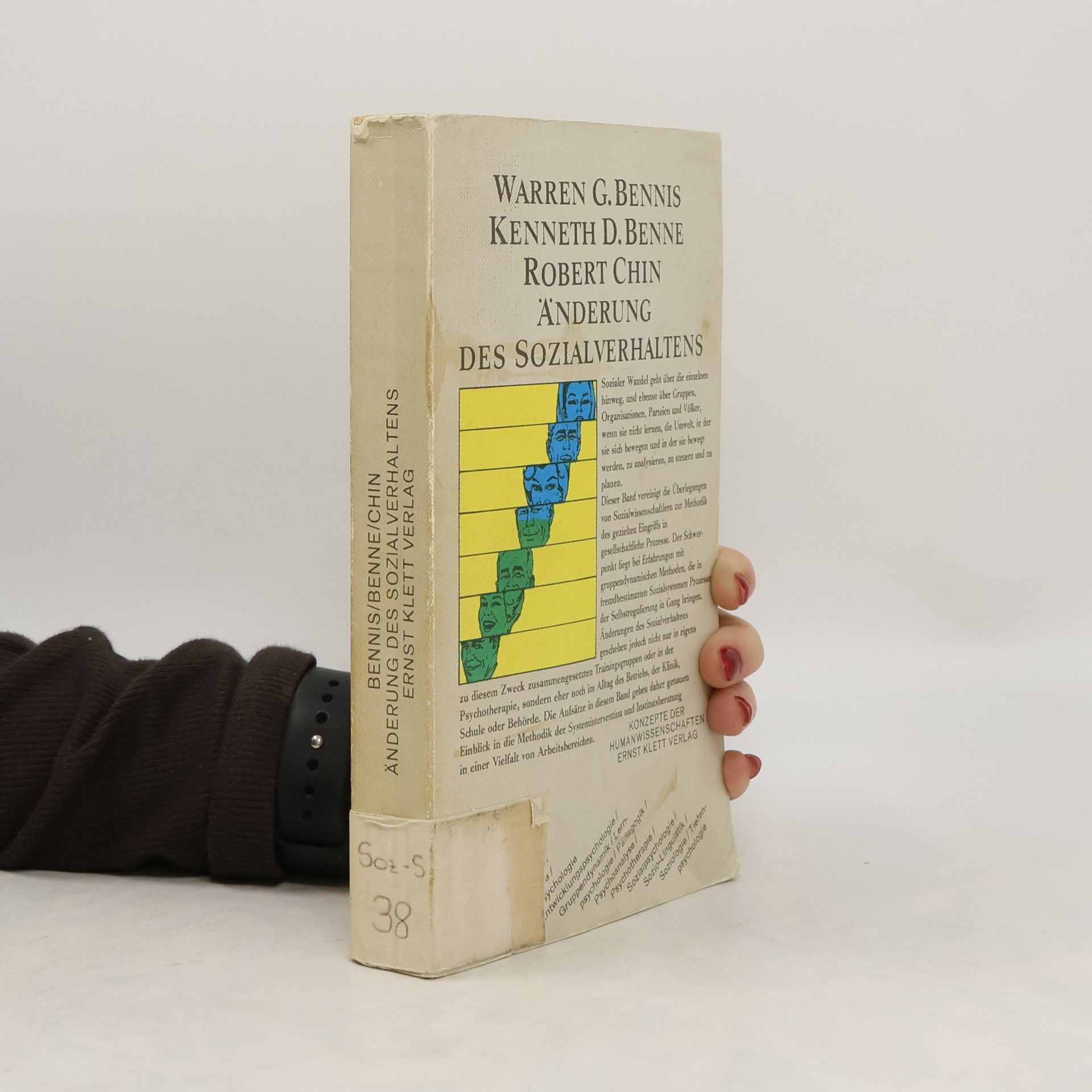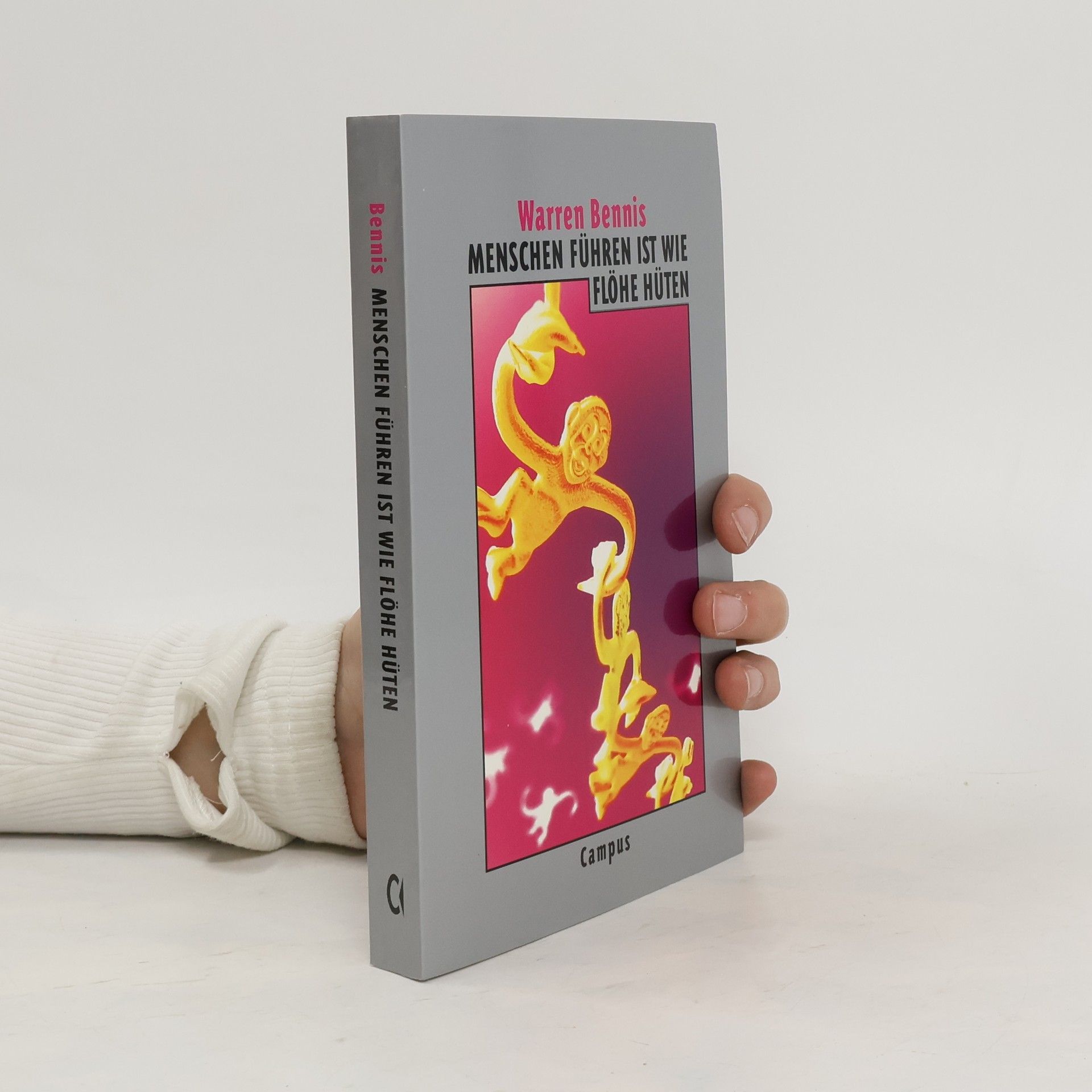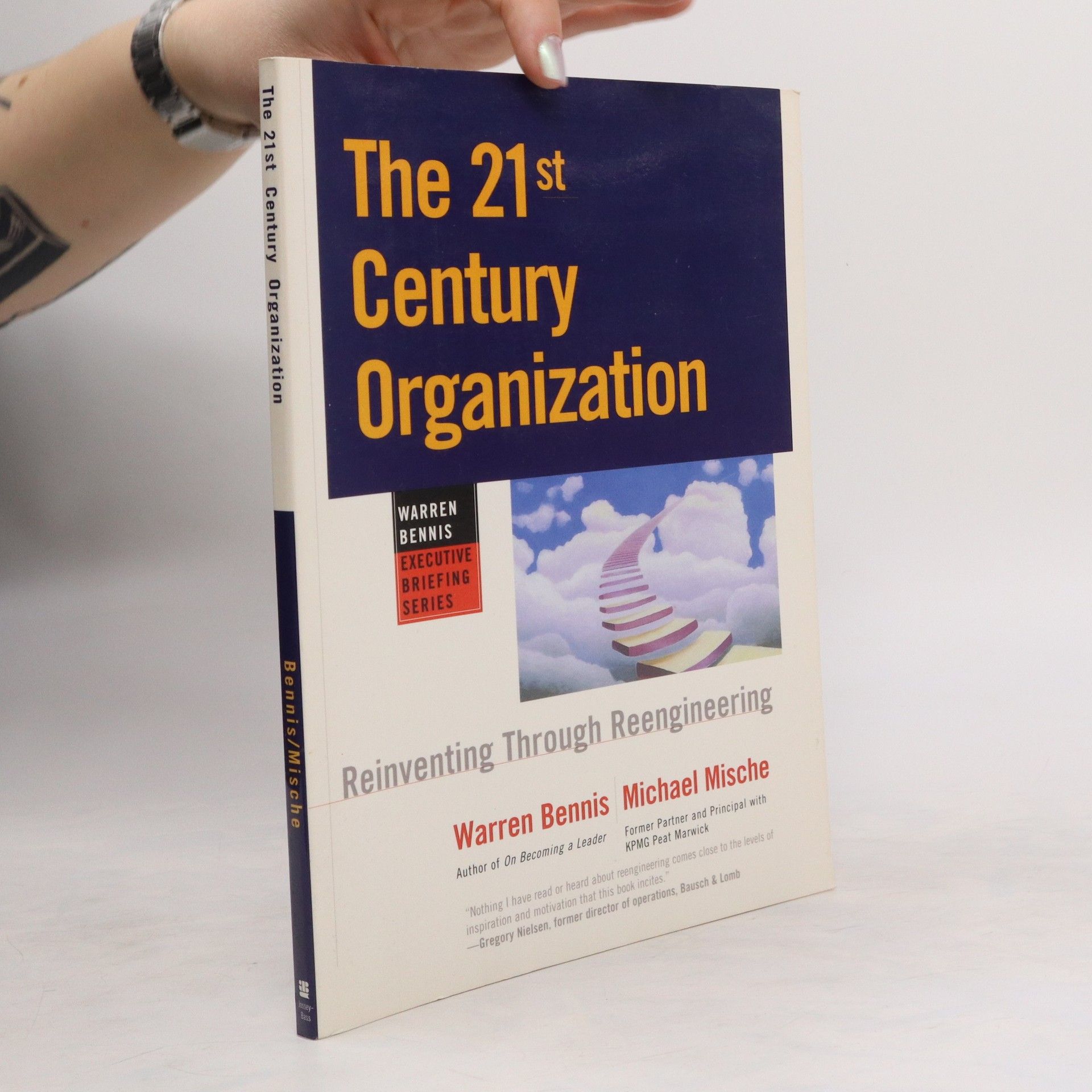Geniale Teams
- 228 Seiten
- 8 Lesestunden
Hochleistungsteams, die überragende Leistungen erbringen sollen, müssen autonom und mit allen nötigen Mitteln ausgestattet sein. Eindrucksvoll präsentieren Bennis und Biederman dies am Beispiel genialer Powerteams aus den letzten Jahrzehnten. Das Buch zeigt, wie man Führungskräfte als Mitarbeiter leistungsstarker Teams auswählt und welche Arbeitsbedingungen zu schaffen sind, damit kreativ gearbeitet werden kann.









